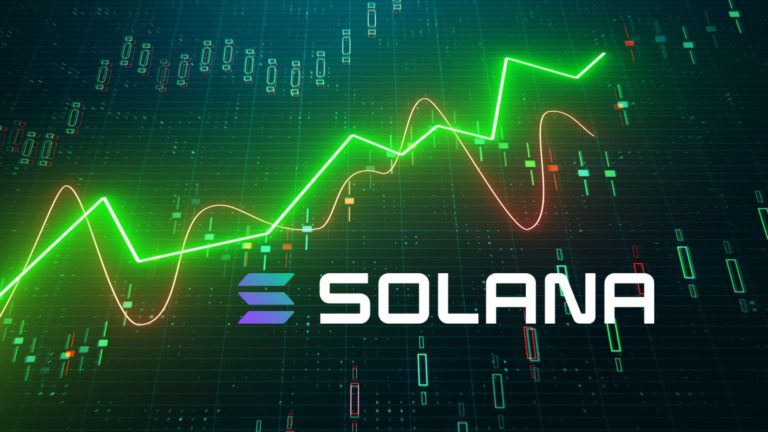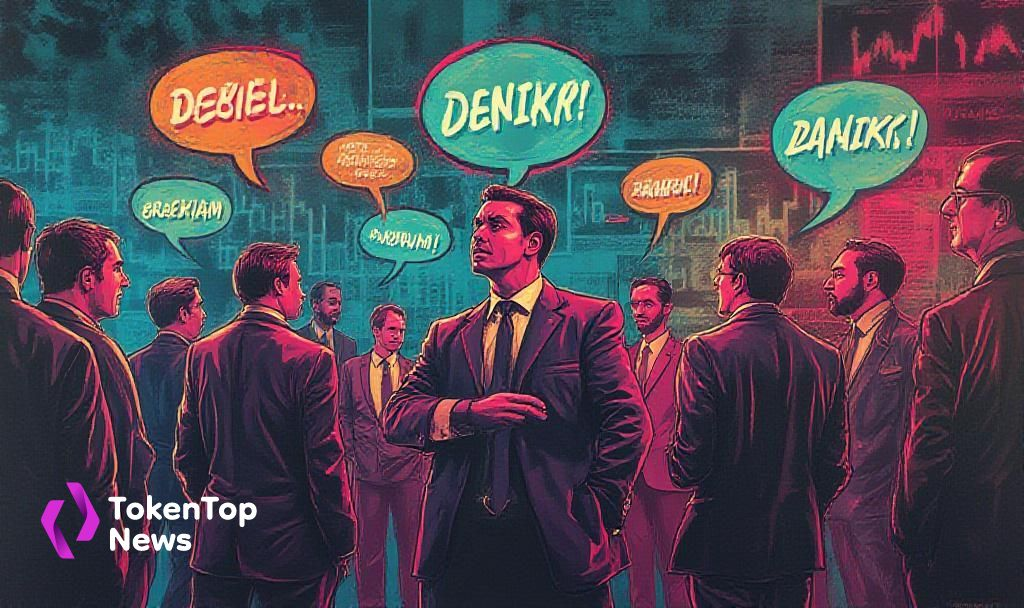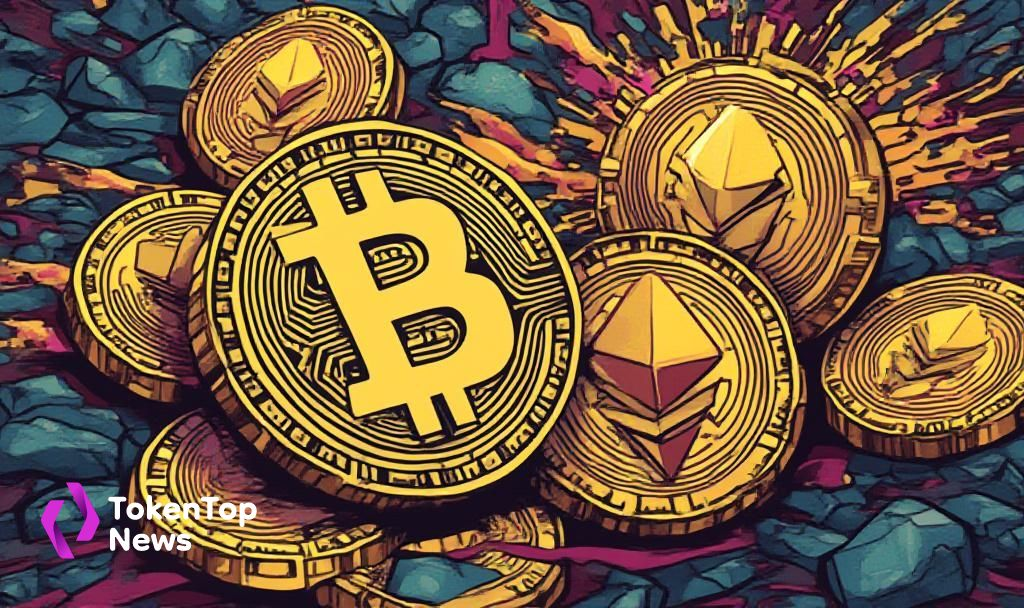Solana network fails for the third time in less than six months

The Solana blockchain suffered another outage in the early hours of January 4th, for the third time in less than six months. Part of the Solana community attributes the network outage to a simple network failure due to high traffic, while others believe it to be a Distributed Denial of Service (DDoS) attack. Crypto journalist Colin Wu also assumes it is a DDoS attack:
“Solana failed again on January 4th at two o’clock in the morning (UTC + 8). According to users of the Telegram community, there is suspicion of a DDoS attack via spam. “
Although the network was up again after five hours, many customers were very skeptical about future use. SOL has long been compared to Ethereum as several experts believe it has what it takes to take over a large portion of the Ethereum market share.
A Reddit user who responded to the news stated that a network that goes down so often will never be able to attract serious traders. Although the Solana community sees the blame in a DDoS attack, Solana Labs co-founder Anatoly Yakovenko says:
“It’s not a DDoS, just the stress of marketing a new runtime.”
Solana had downtime as early as 2021
SOL boasts of being the fastest network in the world and has seen an incredible increase in users over the past year. A 17-hour outage occurred in September 2021, sparking a massive sell-off that plunged the price from $ 220 to $ 140 in 24 hours.
“In the Solana Mainnet Beta there was a sharp increase in the transaction load, which peaked at 400,000 TPS. The transactions overflowed the transaction processing queue, and the failure to prioritize network-critical messages caused the network to fork. “
But it wasn’t just Solana who suffered from downtime in September last year. The Ethereum Layer 2 roll-up network Arbitrum also suffered a similar fate for 45 minutes. However, it was denied that the customers’ funds were at risk.
Just recently, Solana was hit by another DDOS attack that slowed down the network, but didn’t bring it to a standstill. Solana Labs’ communications chief Austin Federa quickly made it clear that this was related to large transactions during an Initial Decentralized Exchange Offering (IDO) that ended up in Solana blocks. This required a large amount of computing power.
“The computing power for this type of transaction was not properly measured by the network and resulted in blocks taking much longer to process than the network expected.”
The frequency of the slowdowns has been cited as a major disruption and could lead dapp makers who have considered using the Solana network for their products and services to look elsewhere.




